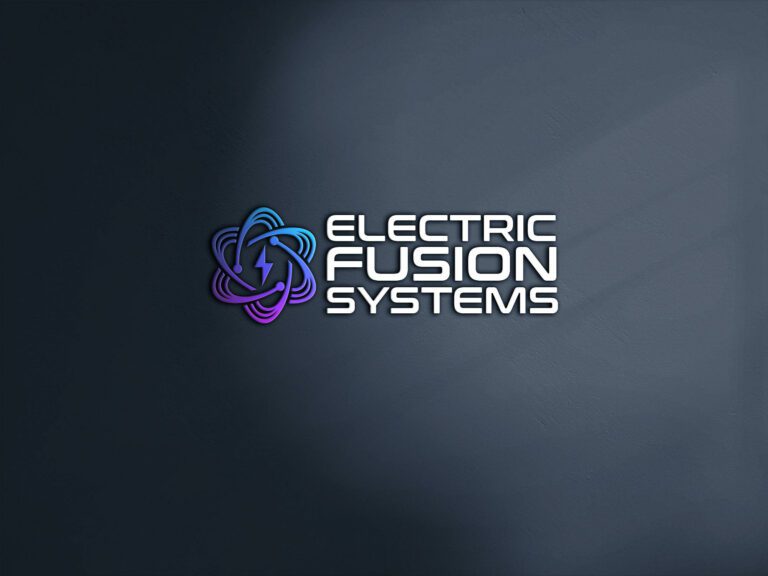Long-lived autoionizing states of argon, krypton, and xenon atoms, and of singly-charged argon ions, are observed by the mass-spectrometric method. Special ion sources were used in which atoms were excited or ionized by electron impact, and the autoionization process was registered by means of the ions produced in a separate chamber. The long-lived autoionizing states of the atoms lie between the first and second ionization limits, np5 P~ ;2 and np5 P~ 12. The low ionization rate ( ~ 106 sec – 1) is due to the large values of the principal quantum number n and of the orbital angular momentum of the excited electron. These states are not observed in optical spectra because of the selection rules for dipole transitions.
It is well-known that ions and atoms of the noble gases possess long-lived Rydberg states that lie near the ionization limits and that can easily undergo ionization near a metal surface in an electric field or in collisions with molecules. The atoms and ions of the noble gases, except helium, possess two or more ionization limits to which different Rydberg series converge. 1 > Excited states lying above the lowest ionization limit can autoionize. Photo absorption experiments have indicated that some of these states have short lifetimes ~ 10-13 sec with respect to autoionization. In these experiments only optically allowed states were excited, to which dipole transitions are allowed by the selection rules; these were ns and nd states. However, electron impacts also excite optically forbidden states such as np and nf, which can possess small probabilities of autoionization. It has been reported that collisions between electrons and noble-gas atoms produce long lived autoionizing states of Ar+ and Xe+ ions having lifetimes ~ 10-6 sec, but the nature of these states was not discussed. The given conclusion was based on the observed way in which the ion intensity was influenced by the initial gas pressure and electron energy.

